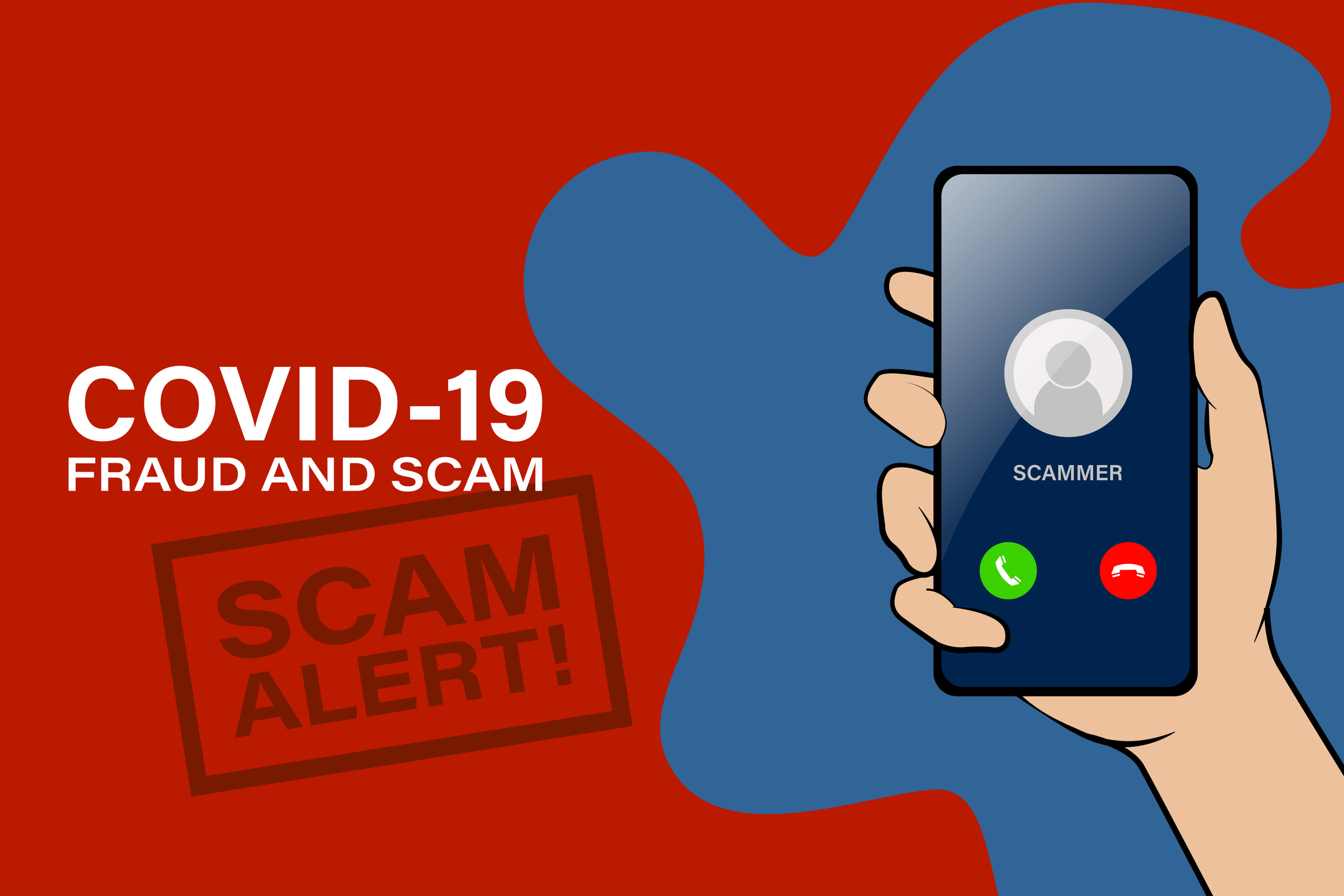Although the restrictions of stay-at-home orders are gradually being lifted for many, seniors may still feel vulnerable and continue to order groceries and other necessities online or over the phone. An increase in online transactions has led to a new spike in financial fraud targeting seniors who may be less familiar with steps they can take to protect themselves while carrying out business digitally.
With stimulus check scams, credit card fraud and identity theft soaring during the pandemic, older adults are often targeted and can fall victim to scammers who prey upon financial and health fears. Phone calls, text messages, emails and social media are the four avenues most likely to be used to perpetrate scams on seniors, according to a recent CNBC report.
Older adults may need a reminder that a government agency will not call, text or contact you through social media and under no circumstances should they give out private information such as bank account information or a social insurance/security number over the phone, email, through text messaging or on websites. Health-related scams are also running rampant during COVID-19; always check with your government health website for current and reliable information.
Offers of help to get stimulus money or other forms of government assistance are always a scam; beware of anyone asking to be paid in the form of a gift card, cash or wire transfer. Avoid opening or downloading any emails and attachments that you aren’t expecting or are unfamiliar with, especially related to COVID-19. Two-factor authentication on websites can help protect your financial information and be sure to set up fraud alerts with your financial institution and monitor your credit report regularly. Credit reporting agencies like Equifax, TransUnion and Experian have been offering free weekly reports for consumers during the pandemic. Verify that all your information is accurate and check for any accounts that you are not aware of that could indicate fraud.
Seniors should also make sure their mobile device is secure using strong passwords and a biometric login if available. Report any lost or stolen credit or debit cards immediately and check that virus protection is installed on mobile devices and computers.
Learn more about how to protect yourself and loved ones from COVID-19 scams by following this link to the Federal Trade Commission Consumer Information webpage.






Add Your Voice
0 Comments
Join the Discussion